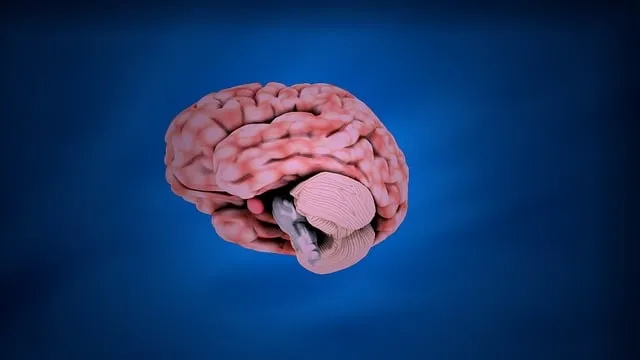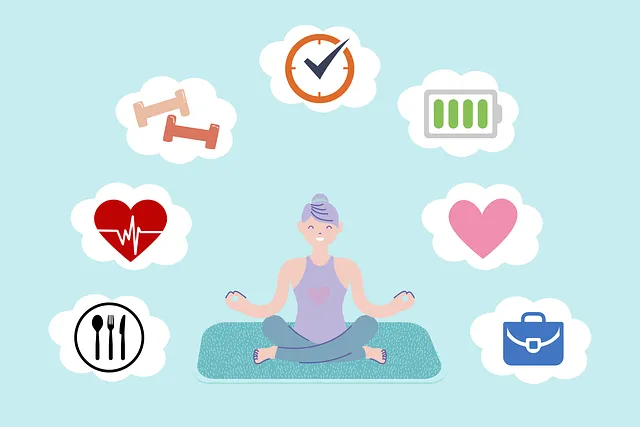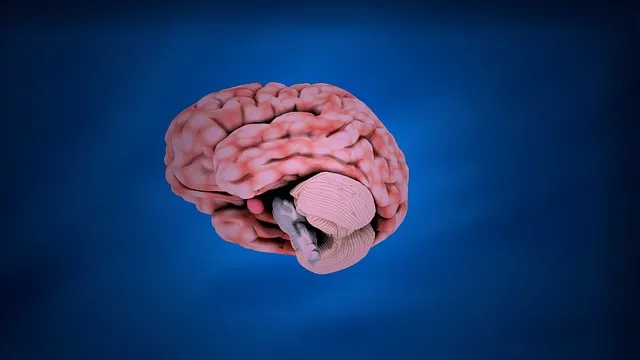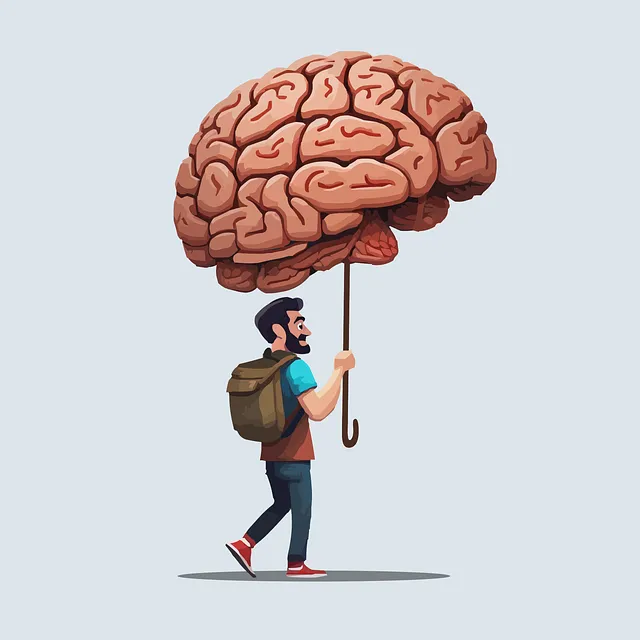Lafayette Kaiser Mental Health Programs prioritize coping skills development as a cornerstone of mental wellness. Their holistic approach combines evidence-based strategies, such as journaling and mindfulness, with personalized interventions to empower individuals in managing stress, improving emotional regulation, and fostering resilience. By integrating these practices into daily life, participants gain effective tools for navigating challenges while benefiting from culturally sensitive care and self-awareness exercises. Lafayette Kaiser programs promote proactive mental well-being through education on building healthy coping mechanisms and normalizing the importance of seeking mental health support.
Coping skills are essential tools for navigating life’s challenges. This article explores comprehensive strategies for developing robust coping mechanisms, offering insights into how individuals can manage stress, anxiety, and adversity effectively. We delve into the foundational understanding of coping skills, highlighting the significant role played by Lafayette Kaiser Mental Health Programs in fostering such development. Additionally, we provide practical tips for integrating healthy coping skills into daily routines.
- Understanding Coping Skills: An Overview
- The Role of Lafayette Kaiser Mental Health Programs in Skill Development
- Strategies for Building Effective Coping Mechanisms
- Implementing and Maintaining Healthy Coping Skills in Daily Life
Understanding Coping Skills: An Overview

Coping skills are the strategies we use to navigate life’s challenges and maintain our mental wellness. They’re like a toolkit, filled with various resources to help us manage stress, overcome obstacles, and cultivate resilience. At Lafayette Kaiser Mental Health Programs, we recognize that developing effective coping mechanisms is a vital part of holistic mental health care.
Our programs offer guidance and compassion cultivation practices designed to empower individuals in cultivating healthy coping skills. This involves exploring self-care practices like journaling, mindfulness exercises, and other evidence-based strategies. By integrating these techniques into daily routines, individuals can enhance their ability to cope with stress, improve emotional regulation, and ultimately foster a deeper sense of mental wellness.
The Role of Lafayette Kaiser Mental Health Programs in Skill Development

The Lafayette Kaiser Mental Health Programs play a pivotal role in coping skills development, offering a range of comprehensive services designed to empower individuals with effective strategies for navigating life’s challenges. These programs are renowned for their innovative mental health education programs design, focusing on evidence-based practices and tailored interventions. Through interactive workshops, counseling sessions, and group support meetings, participants gain valuable knowledge about mental wellness, stress management, and resilience building.
One of the key aspects of Lafayette Kaiser’s approach is its emphasis on individualization. The programs are meticulously crafted to cater to diverse needs, ensuring that each person receives personalized guidance for their unique journey. This includes teaching essential skills like self-care routine development for better mental health, helping individuals recognize and prioritize their well-being. Moreover, they provide tools for effective mood management, enabling participants to regulate emotions, foster positive thinking, and enhance overall mental resilience.
Strategies for Building Effective Coping Mechanisms

Building effective coping mechanisms is a crucial aspect of maintaining good mental health and well-being. The Lafayette Kaiser mental health programs offer valuable insights into strategies that can empower individuals to navigate life’s challenges with resilience. One key approach is cultivating inner strength development, where individuals learn to recognize and harness their inherent capabilities. Through various exercises, such as mindfulness practices and self-awareness activities, one can strengthen their emotional regulation skills, enabling them to respond adaptively during stressful situations.
Additionally, cultural sensitivity in mental healthcare practice plays a significant role. Understanding and incorporating culturally responsive coping techniques ensures that support is tailored to an individual’s background and beliefs. This personalized approach not only enhances the effectiveness of coping strategies but also fosters trust and engagement between clients and caregivers. Self-Awareness Exercises are another powerful tool; these encourage individuals to introspect, identify triggers, and develop personal strategies, ultimately leading to better management of stress and emotional challenges.
Implementing and Maintaining Healthy Coping Skills in Daily Life

Incorporating healthy coping skills into daily routines is a fundamental aspect of maintaining mental well-being, and Lafayette Kaiser mental health programs offer valuable insights for individuals seeking to enhance their resilience. Coping Skills Development isn’t just about managing stress; it’s a proactive approach to navigating life’s challenges with equilibrium. Programs like those provided by Lafayette Kaiser emphasize the importance of understanding individual triggers and developing personalized strategies. This could include activities such as mindfulness practices, exercise, or creative outlets, all of which have been proven effective in reducing anxiety and fostering a sense of calm.
Public Awareness Campaigns Development plays a crucial role in encouraging individuals to prioritize their mental health. By educating people on the availability of these coping skills resources, we can foster an environment where seeking support is normalized. Resilience Building, a key outcome of effective coping strategies, equips individuals with the ability to adapt and bounce back from setbacks, ultimately leading to improved overall well-being.
Coping skills are essential tools for navigating life’s challenges. By understanding the importance of these skills and utilizing resources like the Lafayette Kaiser Mental Health Programs, individuals can develop effective strategies to manage stress and adversity. Integrating healthy coping mechanisms into daily routines fosters resilience and overall well-being. With the right support and practices, anyone can enhance their ability to cope, leading to a more balanced and fulfilling life.






